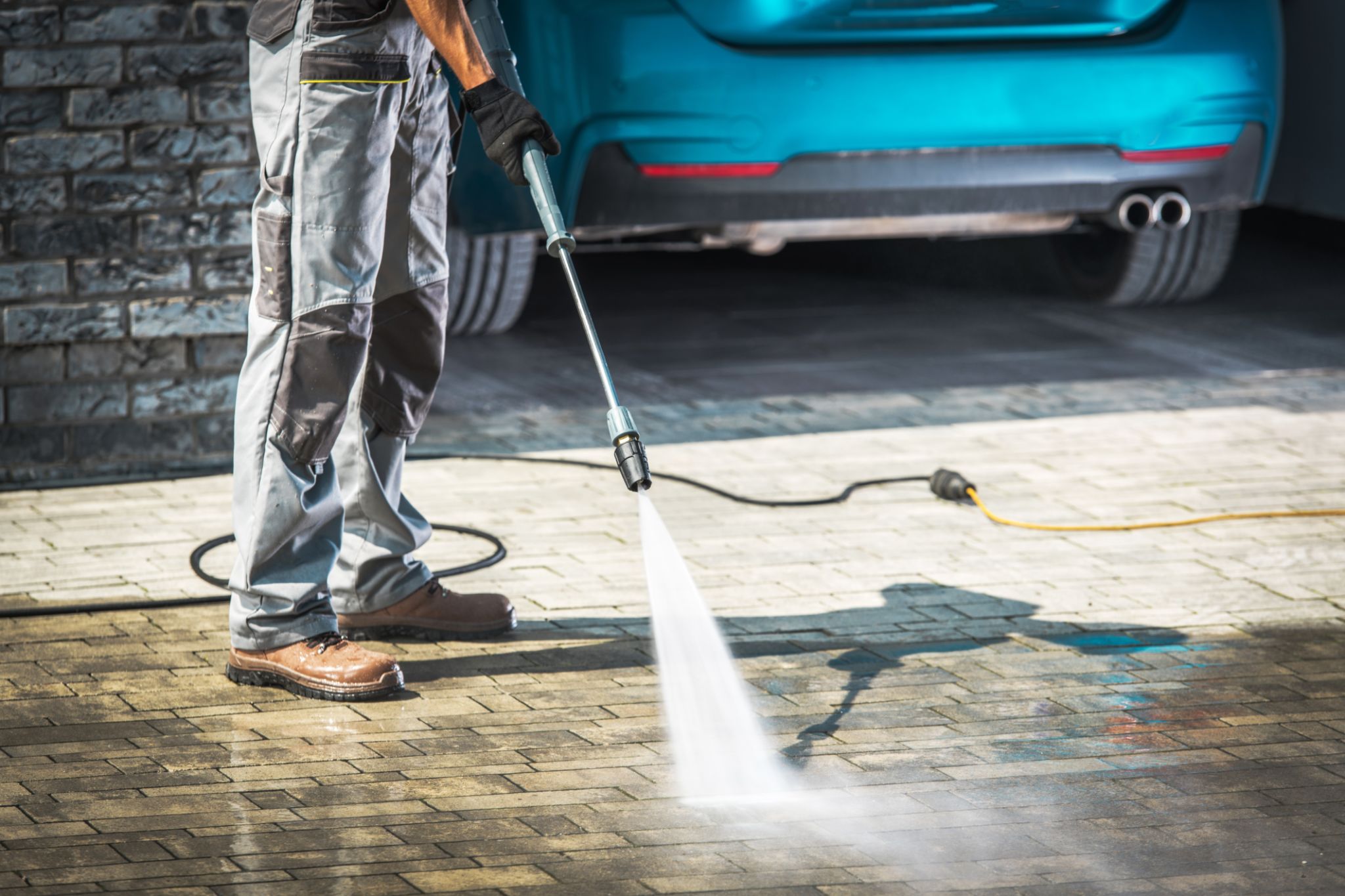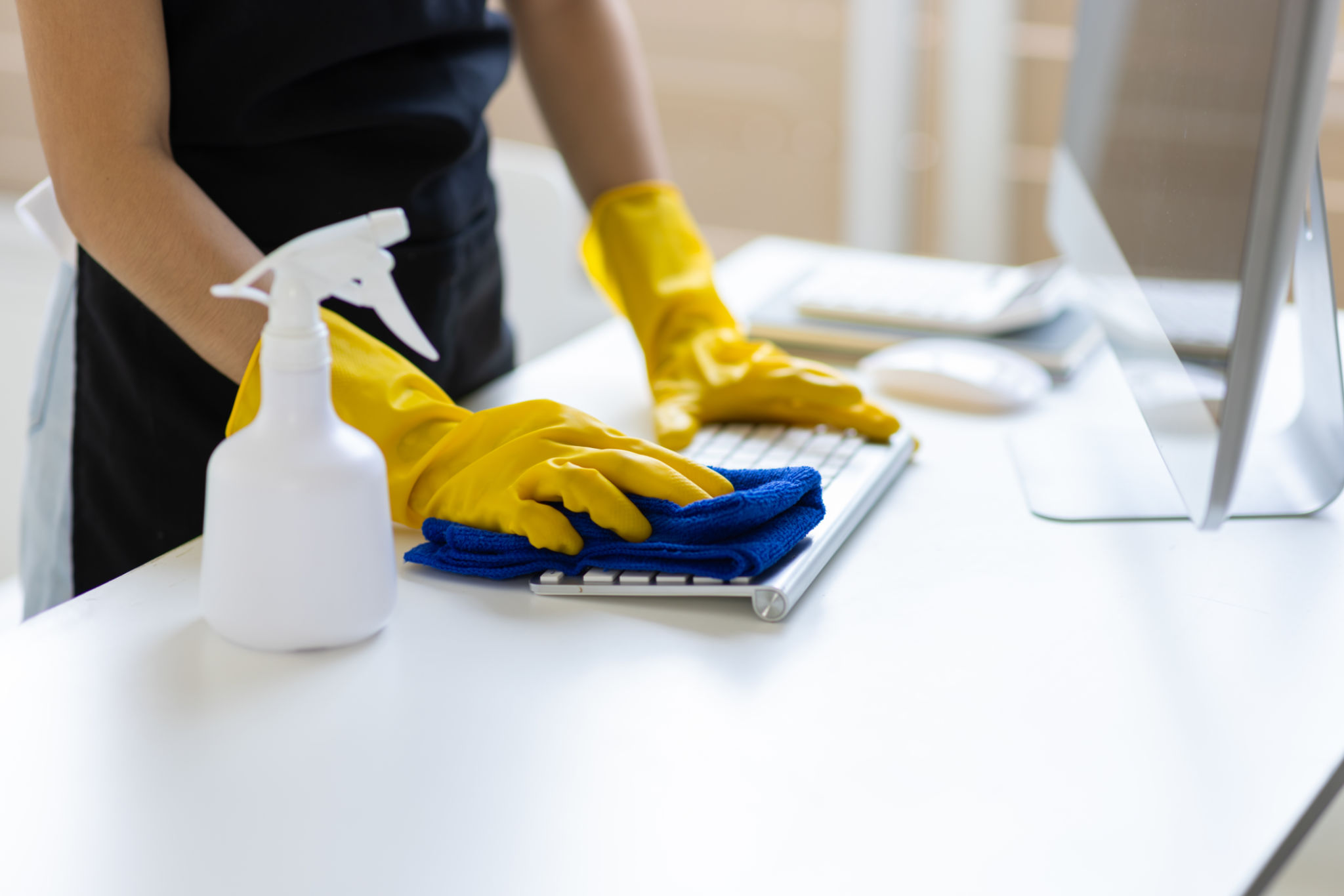Pressure Washing vs. Soft Washing: What's the Difference?
Understanding Pressure Washing
Pressure washing is a powerful cleaning method that uses high-pressure water spray to remove dirt, grime, mold, mildew, and other contaminants from surfaces. This technique is commonly used on hard surfaces like concrete driveways, sidewalks, decks, and other areas that can withstand the intense pressure without being damaged. The equipment used in pressure washing can vary in power, allowing users to adjust the intensity according to the cleaning needs.
The primary advantage of pressure washing is its efficiency. It can quickly clean large areas and remove stubborn stains that would be difficult to tackle with traditional cleaning methods. However, the high pressure can also be a disadvantage if not handled properly, potentially leading to surface damage or injury.

Exploring Soft Washing
Soft washing is a gentler cleaning method that uses low-pressure water combined with specialized cleaning solutions to clean surfaces. This approach is ideal for surfaces that require a more delicate touch, such as roofs, siding, and other areas that could be damaged by high pressure. The cleaning solutions used in soft washing are designed to break down dirt and grime without the need for intense pressure.
One of the key benefits of soft washing is its ability to clean effectively while preserving the integrity of the surface being cleaned. It also often provides longer-lasting results compared to pressure washing because it addresses the root cause of stains, such as mold or algae growth, rather than just removing surface dirt.

Key Differences Between Pressure Washing and Soft Washing
While both methods aim to clean surfaces, there are distinct differences between pressure washing and soft washing:
- Pressure Level: Pressure washing uses high-pressure water, while soft washing relies on low-pressure water and cleaning solutions.
- Surface Suitability: Pressure washing is suited for hard surfaces like concrete and brick, whereas soft washing is better for delicate surfaces like siding and roofs.
- Cleaning Agents: Soft washing incorporates cleaning detergents, while pressure washing typically relies on water alone.
When to Choose Pressure Washing
Pressure washing is ideal for situations where you need to remove tough stains or clean large areas quickly. It’s particularly effective for:
- Cleaning driveways and sidewalks.
- Removing graffiti or paint.
- Cleaning patios and decks.
If you're dealing with a surface that's resistant to damage, pressure washing can be an excellent choice. However, always ensure that the surface can handle the pressure to avoid unintended damage.

When to Opt for Soft Washing
Soft washing is best suited for cleaning surfaces that are more susceptible to damage or require gentle handling. Opt for soft washing when dealing with:
- Roof cleaning, especially shingle roofs.
- Siding made of wood, vinyl, or other sensitive materials.
- Mold or algae removal from exterior surfaces.
This method is especially useful when aiming for a thorough clean without risking damage to the surface.
Environmental Considerations
Both pressure washing and soft washing have environmental impacts that should be considered. Pressure washing consumes a significant amount of water, which can be a concern in areas with water restrictions. On the other hand, soft washing uses less water but involves chemical solutions that need to be eco-friendly to prevent harm to the environment.
Choosing biodegradable cleaning solutions for soft washing can mitigate potential environmental risks, making it a more sustainable choice when done responsibly.

Cost Implications
The cost of pressure washing and soft washing can vary based on several factors such as the size of the area being cleaned, the condition of the surface, and the specific services required. Generally, pressure washing might be more cost-effective for larger areas or heavily soiled surfaces due to its speed and efficiency.
However, if you're dealing with delicate surfaces that require special attention, investing in soft washing might save you money in the long run by preventing damage and ensuring a longer-lasting clean.
Making the Right Choice
The decision between pressure washing and soft washing ultimately depends on your specific needs and circumstances. Consider the type of surface you need to clean, the nature of the dirt or stains you're dealing with, and any environmental concerns or restrictions in your area. Both methods have their own advantages, and understanding these can help you choose the best approach for your cleaning project.
Consulting with professional cleaning services can also provide valuable insights and ensure that you achieve optimal results without compromising on safety or quality.

